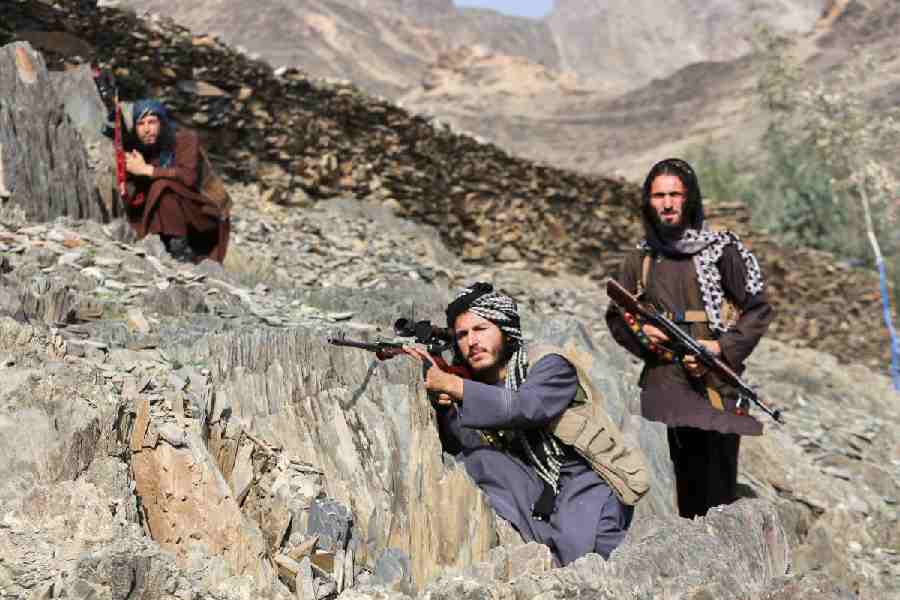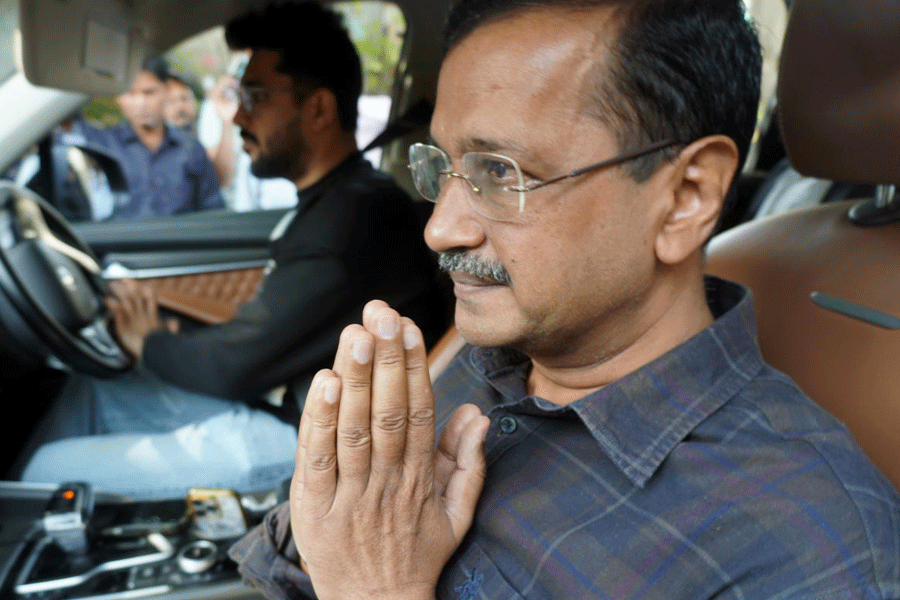 |
| Mountbatten |
London, Aug. 9: Thomas McMahon, convicted of the murder of Lord Mountbatten, is enjoying his freedom.
McMahon, 61, was tracked down by The Sunday Telegraph to his remote home near the Irish border days before the 30th death anniversary of the last Viceroy of the British Indian empire.
The queen’s cousin was assassinated by the Provisional Irish Republican Army (IRA), which planted a bomb in his boat at Mullaghmore, Co Sligo, in the Irish Republic on August 27, 1979.
Along with Mountbatten, 79, those to die in the explosion were Nicholas Knatchbull, 14, one of his twin grandsons, and Paul Maxwell, 15, a local boat boy. Another passenger on the boat, Dowager Lady Brabourne, 82, died the day after the attack.
McMahon now lives with his wife Rose in a hillside bungalow in Lisanisk, close to the market town of Carrickmacross in Co Monaghan. His two sons are grown-up and he is believed to work as a carpenter from his home, which is decorated with some of the landscapes he painted during his 18 years in jail.
When approached by The Sunday Telegraph on Friday, he initially denied being McMahon. Then he added: “Take yourself off.”
Those who struggle to forgive McMahon for his actions include John Maxwell, the father of Paul, the dead boat boy, and Timothy Knatchbull, whose twin brother died in the blast. In less than a month’s time Timothy, who was himself seriously injured by the explosion, will publish his book on the events of 30 years ago.
John concedes that McMahon has served his time, but says the IRA had known that his son would be on the boat but had decided that his innocent life should be sacrificed nevertheless.
This weekend John said of the killer: “I would like some kind of explanation from him in relation to his actions.” Furthermore, he revealed that his son’s killer has snubbed two requests for a meeting.
John said: “I’ve made two approaches to McMahon, the first through a priest, who warned me in advance that he thought there wouldn’t be any positive response. And there wasn’t. I have some reservations about meeting him, obviously — it might work out in such a way that I would regret having made the contact.”
There is one question above all others that he would like to ask McMahon: “I think I would put a question to him directly, along the lines of... ‘If I had killed his son, for whatever reason, how would he feel about it? Would he be capable of putting himself in my shoes, to look at it from my angle?’ I’d be interested to know how he would reply to that.”
The terrorist attack three decades ago led to one of the biggest police investigations in Irish history. Two men were charged: McMahon, then 31, and Francis McGirl, 24, a gravedigger.
At the time of the explosion, McMahon was 70 miles away, in police custody — by chance he and McGirl had been stopped at a checkpoint after he had laid the explosive.
One of the IRA’s most experienced bomb-makers, McMahon had flakes of green paint from Mountbatten’s boat and traces of nitroglycerine on his clothes. The bomb had been detonated by remote control at 11.39am when the boat, Shadow V, was about 200 yards from the harbour.
Because there was insufficient evidence to place McGirl at the fishing village of Mullaghmore, he was acquitted and he died in 1995. McMahon was released from jail in August 1998 as part of the Good Friday peace agreement.
McMahon has never publicly discussed his role in the bombing. However, the year before his release from jail, his wife said: “Tommy never talks about Mountbatten, only the boys who died. He does have genuine remorse. Oh God yes.”
McMahon had served the first 13 years of his life sentence in the IRA wing of Portlaoise.
He and 10 others, armed with guns and explosives, failed in an attempt to escape in 1985. Three years later, he fired a shot from a Browning pistol smuggled into a holding cell of Dublin’s Four Courts. But, in 1992, he claimed to have turned his back on the IRA.











